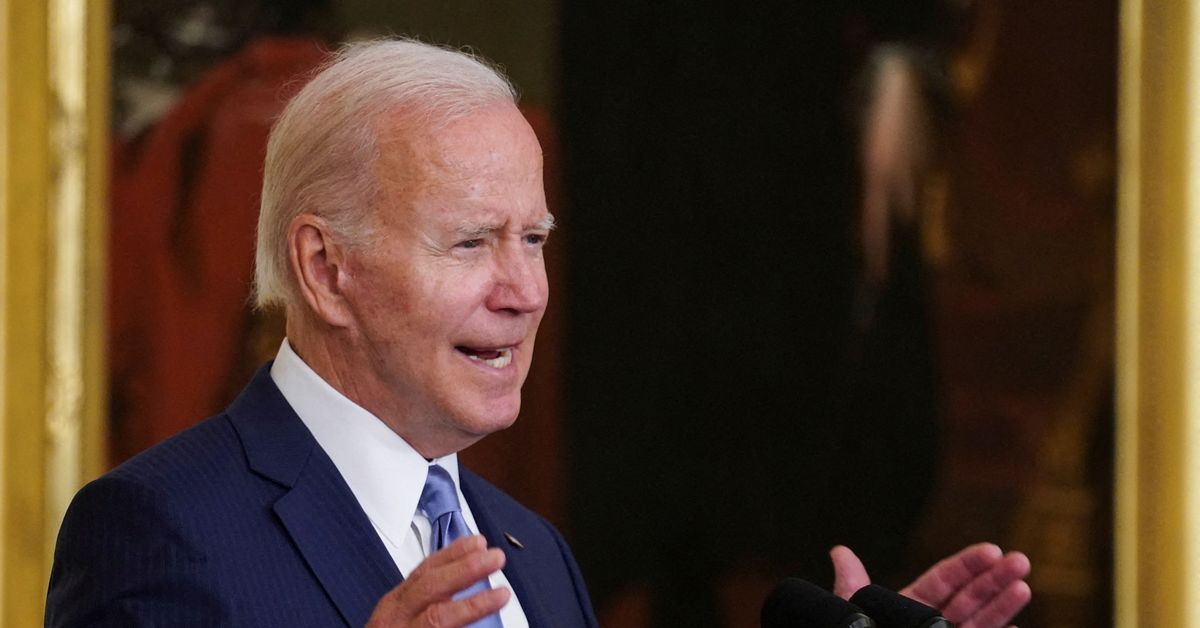The United States expects to elevate its diplomatic relations with former foe Vietnam to the top level as President Joe Biden travels to Hanoi in a week, in a move that may irk China and with unclear business implications.
Fearful of the potential reaction from its much larger neighbour, Vietnam had initially expressed caution about the upgrade. That led the Biden administration to multiply efforts to persuade the southeast Asian nation, including through multiple visits of high-ranking members of the U.S. government in recent months.
The unprecedented push has led Washington to expect to be elevated to the top tier of Vietnam’s diplomatic ranking, together with China and Russia, from two notches below now.



Nobody seems to have pointed out the obvious historical angle where China and Vietnam have been long-time enemies.
The issue goes back to the Cold War era and the Sino-Soviet split and it’s kinda hard to synthesize in a few short paragraphs, you can read more on the wiki article about it, but these sections could be a good summary:
And also:
So China wants to hold onto Cold War grudges and issues while constantly accusing the west of continuing Cold War era politics.
Politics is often just projection.
Oh wow, thank you. I need to dig deeper than that. I’m completely unfamiliar with any of that history. I’m sure I’ll have more questions, thanks again for pointing me in that direction.